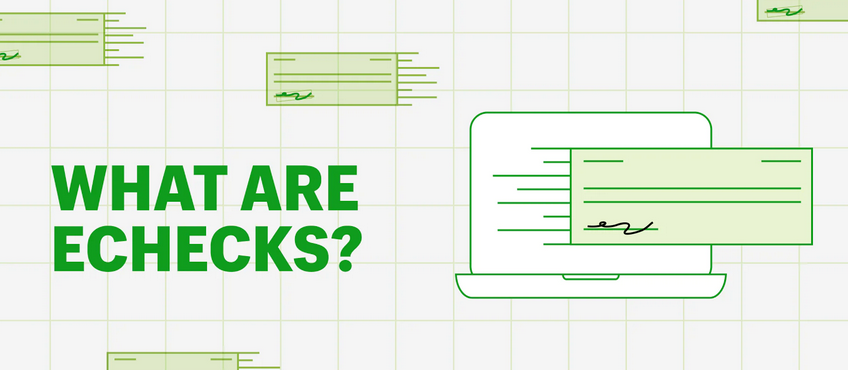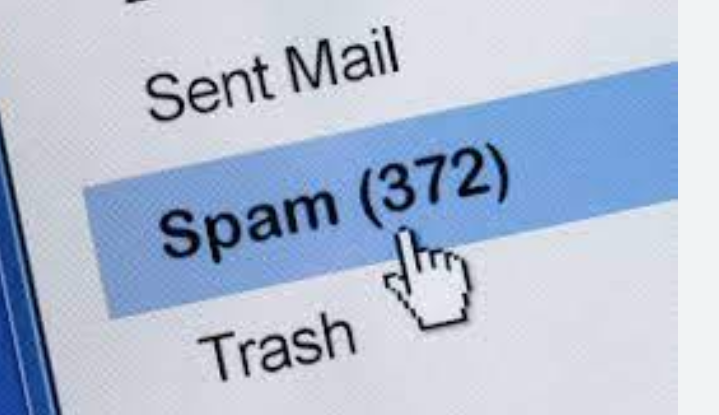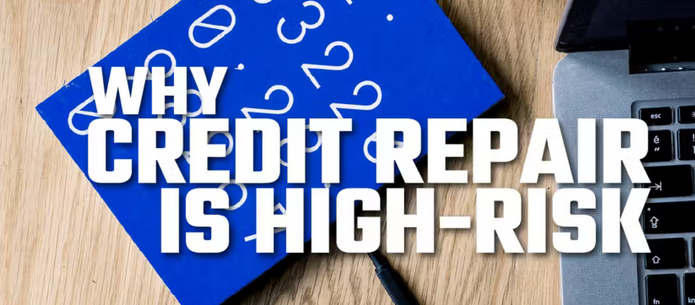In today’s digital era, electronic payments have become the norm, revolutionizing the way we handle transactions. One such payment method gaining popularity is the eCheck.
In this blog post, we will explore the world of eChecks, delving into their definition, how they work, their advantages over traditional paper checks, and much more. So, if you’ve ever wondered about the ins and outs of eChecks, you’ve come to the right place!
What is an eCheck?
An eCheck, short for electronic check, is a digital payment method that allows individuals and businesses to transfer funds electronically, mirroring the process of a traditional paper check. Instead of using physical checks, eChecks employ the Automated Clearing House (ACH) network to process payments securely and efficiently.
eChecks vs Paper Checks
While eChecks and paper checks serve the same purpose of transferring funds, they differ significantly in their underlying mechanisms.
What can eCheck payments be used for?
eCheck payments offer versatility and can be utilized in various scenarios, including:
- Online Purchases: Many e-commerce platforms and online merchants accept eChecks as a payment method, enabling customers to make purchases conveniently.
- Bill Payments: Individuals can use eChecks to pay bills, such as utilities, rent, mortgages, or credit card dues, directly from their bank accounts.
- Subscription Services: Numerous subscription-based services, including streaming platforms and software providers, allow customers to set up recurring eCheck payments for hassle-free billing.
How are eChecks processed?
Understanding the process behind eCheck payments is crucial for comprehending their functionality.
- Authorization: When a payee initiates an eCheck payment, the recipient’s bank account information, including the routing number and account number, is collected.
- Transmission: The payment details are securely transmitted through the ACH network, which acts as an intermediary for the transaction.
- Verification: The recipient’s bank verifies the payment information, ensuring the account has sufficient funds and that it matches the details provided.
- Clearing and Settlement: The funds are transferred from the payer’s bank account to the recipient’s account via the ACH network, typically taking a few business days to complete.
What are the benefits of eChecks?
eChecks offer several advantages over traditional payment methods, contributing to their growing popularity. Let’s explore some of these benefits:
1) High level of security
eChecks employ robust security measures, making them a safe and reliable payment option. Encryption technologies, authentication protocols, and fraud detection systems help protect sensitive financial information, reducing the risk of unauthorized access or fraudulent activities.
2) eChecks are fast
Compared to traditional paper checks, eChecks provide a faster payment processing experience. Once initiated, eCheck transactions can be completed within a matter of days, eliminating the need for physical transportation and manual handling.
3) They can’t be lost
One of the common drawbacks of paper checks is the possibility of misplacing or losing them. eChecks eliminate this concern since they exist digitally. Transaction details are securely stored and easily accessible, mitigating the risk of losing critical payment information.
Conclusion
eChecks have revolutionized the way individuals and businesses conduct transactions, offering convenience, security, and efficiency. As digital payment methods continue to evolve, eChecks stand out as a reliable and accessible alternative to traditional paper checks.
By understanding the concept of eChecks, their processing, and the benefits they offer, you can make informed decisions when it comes to managing your financial transactions in the modern world. If you need an echeck solution for your business, please reach out to our team.
FAQs about eChecks
How secure are eChecks?
eChecks are considered secure as they utilize encryption technology and follow strict industry standards for data protection. However, it’s essential to ensure proper security measures are in place when sending or receiving eChecks.
Are eChecks widely accepted?
eChecks are becoming increasingly accepted, but their acceptance may vary among businesses and payment processors. It is advisable to check with the specific merchant or payment service provider to confirm their acceptance of eChecks.
Can eChecks be used for international payments?
Yes, eChecks can be used for international payments. However, availability may depend on the specific countries and payment service providers involved. It is recommended to verify international payment capabilities with the relevant financial institutions or payment processors.
Are there any transaction limits for eChecks?
Transaction limits for eChecks may vary depending on the policies set by the financial institution or payment service provider. It’s advisable to check with the specific entity to determine any transaction limits that may apply.
Is an eCheck a bank transfer?
Yes, an eCheck can be considered a type of bank transfer as it involves electronically transferring funds from one bank account to another using the Automated Clearing House (ACH) network.
What is required to send an eCheck?
To send an eCheck, you typically need the recipient’s bank account details, including the account number and routing number. You may also need to provide your own bank account information and relevant authorization for the eCheck transaction.
Can eChecks be sent by email?
While eChecks are electronic, they are not typically sent directly via email. Instead, they are processed through secure payment gateways or online platforms that facilitate the electronic transfer of funds.




